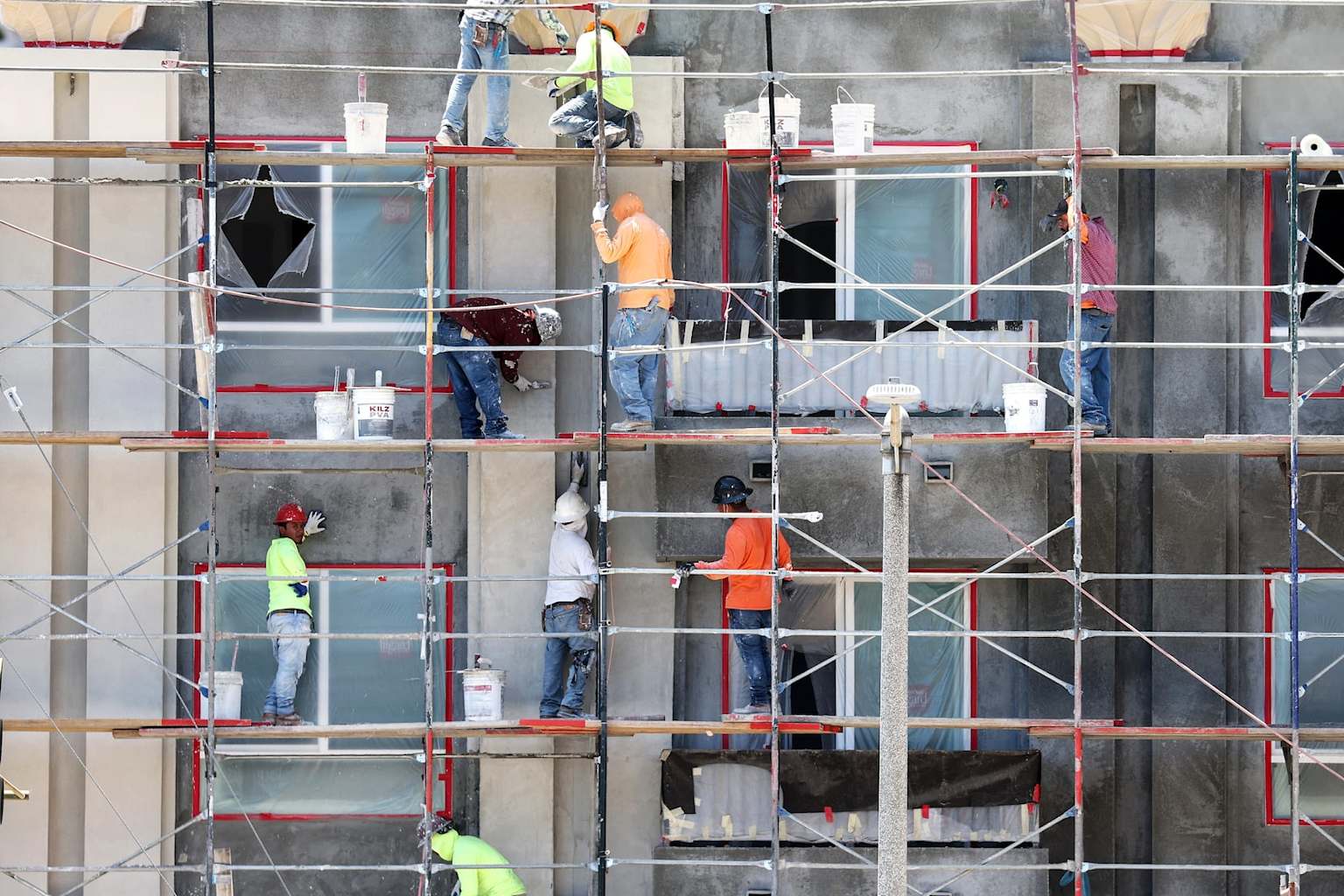- Labor Opposition Stalls Housing Push
- Budget Negotiations and Political Capital
- Historical Tensions Over Construction Wages
California lawmakers delayed a crucial vote Wednesday on Governor Gavin Newsom's proposal to allow developers to pay construction workers below prevailing wages on affordable housing projects, as labor advocates staged fierce opposition that filled a state hearing room.
The contentious measure would permit developers to set minimum wage standards for workers on certain affordable housing projects that could fall short of union-negotiated rates, marking what one Democratic senator called a "massive change" to the state's collective bargaining framework.

State Senator Maria Elena Durazo, a Los Angeles Democrat, characterized the proposal as fundamentally challenging "the role of collective bargaining in this state that has never been done before"1. Labor advocates, determined to sink the wage provisions, packed the hearing room as lawmakers grappled with the politically charged measure1.
Senator Scott Wiener, a state budget negotiator who has championed removing obstacles to housing development, defended the proposal as establishing a "floor, not a ceiling" for wages1. However, he acknowledged that the "swift and ferocious opposition" forced him to postpone the vote1.
The wage fight emerges as Newsom places his political influence behind affordability proposals within broader budget negotiations1. The governor had previously capitulated to lawmaker pushback over proposed cuts to the state's Medicaid program, particularly for undocumented immigrants1.
Newsom has framed the housing crisis as "the most politically, socially, economically destabilizing crisis in California," according to housing advocate Susan Curtin, who credited the governor for "trying to cut through another year of arguing"1.
The current standoff reflects longstanding tensions between labor unions and developers over housing construction. California's prevailing wage laws currently require contractors on public works projects to pay workers "the general prevailing rate of per diem wages for work of a similar character in the locality"1.
The state's minimum wage increased to $16.50 per hour for all employers as of January 1, 202523. However, prevailing wages, often negotiated through union contracts, typically exceed minimum wage requirements by substantial margins4.
Previous negotiations between the State Building & Construction Trades Council and developers have centered on similar wage compromises in exchange for streamlined environmental review processes5. Labor leaders have historically wielded considerable influence over housing legislation, with union opposition contributing to the failure of past housing proposals4.
The delayed vote signals that despite Newsom's political push, labor's resistance to wage concessions remains a formidable obstacle to the governor's housing agenda.



